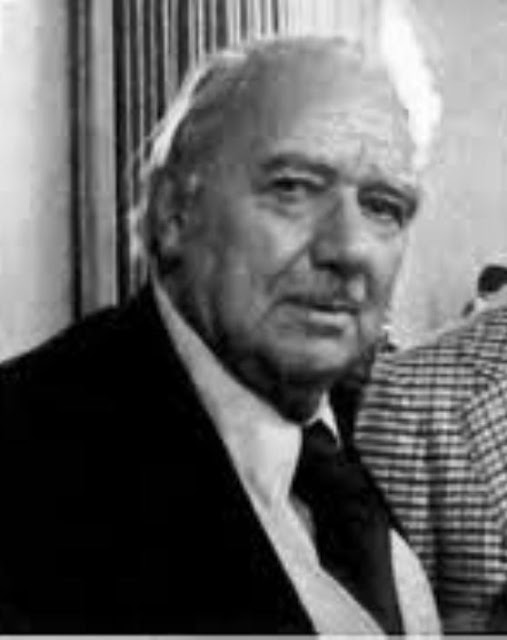Antonio nos llamó a Ruperto y a mí al cuarto del fondo de la casa. Con voz imperiosa ordenó que nos sentáramos. La cama estaba tendida. Salió al patio para abrir la puerta de la pajarera, volvió y se echó en la cama.
-Voy a mostrarles una prueba -nos dijo.
-¿Van a contratarte en un circo? -le pregunté.
Silbó dos o tres veces y entraron en el cuarto Favorita, la María Callas y Mandarín, que es coloradito. Mirando el techo fijamente volvió a silbar con un silbido más agudo y trémulo ¿Era ésa la prueba? ¿Por qué nos llamaba a Ruperto y a mí? ¿Por qué no esperaba que llegara Cleóbula? Pensé que toda esa representación serviría para demostrar que Ruperto no era ciego, sino más bien loco; que en algún momento de emoción frente a la destreza de Antonio lo demostraría. El vaivén de los canarios me daba sueño. Mis recuerdos volaban en mi mente con la misma persistencia. Dicen que en el momento de morir uno revive su vida: yo la reviví esa tarde con remoto desconsuelo.
Vi, como pintado en la pared, mi casamiento con Antonio a las cinco de la tarde, en el mes de diciembre. Hacía calor ya, y cuando llegamos a nuestra casa, desde la ventana del dormitorio donde me quité el vestido y el tul de novia, vi con sorpresa un canario. Ahora me doy cuenta de que era el mismo Mandarín que picoteaba la única naranja que había quedado en el árbol del patio. Antonio no interrumpió sus besos al verme tan interesada en ese espectáculo. El ensañamiento del pájaro con la naranja me fascinaba. Contemplé la escena hasta que Antonio me arrastró temblando a la cama nupcial, cuya colcha, entre los regalos, había sido para él fuente de felicidad y para mí terror durante las vísperas de nuestro casamiento. La colcha de terciopelo granate llevaba bordado un viaje en diligencia. Cerré los ojos y apenas supe lo que sucedió después. El amor es también un viaje; durante muchos días fui aprendiendo sus lecciones, sin ver ni comprender en qué consistían las dulzuras y suplicios que prodiga. Al principio, creo que Antonio y yo nos amábamos parejamente, sin dificultad, salvo la que nos imponía mi inocencia y su timidez.




































